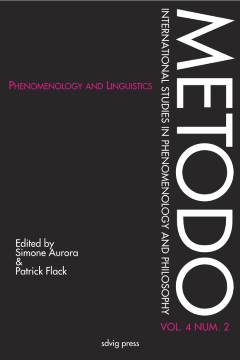The phenomenological reduction
From natural life to philosophical thought
pp. 311-333
Abstract
Phenomenologists continually discuss the nature of a phenomenological reduction that must continuously be performed anew. Before one can elucidate how a phenomenological epoché or reduction relates to an eidetic or transcendental reduction, one must clarify how philosophical thinking (in general) relates to natural life. The author claims that the relation between philosophical questions and questions belonging to natural life involves both continuity and a radical rupture. The phenomenological reduction concerns this rupture in both its negative and positive aspects: it liberates the philosopher from the constraints of a natural way of thinking and gives her new freedom to think speculatively (and not just describe) phenomenological phenomena. This freedom entails a new kind of responsibility that concerns both rigorous philosophical thinking and its relevance for natural life. When accounting for how phenomenological philosophy can possibly chang enatural life, one should keep in mind how the phenomenological reduction marks their difference.
Publication details
Published in:
Aurora Simone, Flack Patrick (2016) Phenomenology and linguistics. Metodo 4 (2).
Pages: 311-333
Full citation:
Bernet Rudolf (2016) „The phenomenological reduction: From natural life to philosophical thought“. Metodo 4 (2), 311–333.


